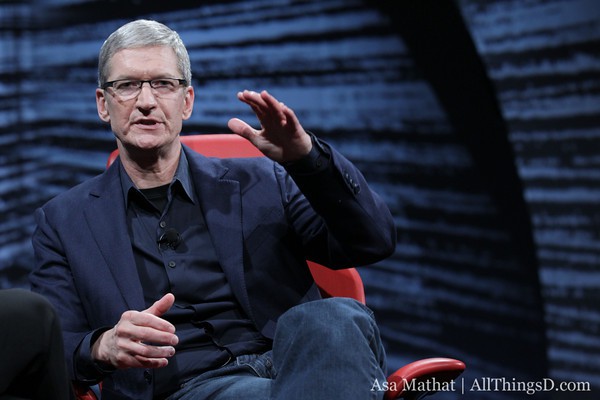An interesting report comes from All Things D today, detailing a argument from Google against Apple. Unsurprisingly, the discussion revolves around patents, particularly standard essential patents (SEP). Basically, Google is suggesting that when technologies become popular enough, even if they are proprietary, they should become public standards, available to everyone.
According to Google’s Kent Walker:
While collaborative [Standards Setting Organizations (SSOs)] play an important part in the overall standard setting system, and are particularly prominent in industries such as telecommunications, they are not the only source of standards. Indeed, many of the same interoperability benefits that the FTC and others have touted in the SSO context also occur when one firm publishes information about an otherwise proprietary standard and other firms then independently decide (whether by choice or of necessity) to make complementary investments to support that standard in their products. … Because proprietary or de facto standards can have just as important effects on consumer welfare, the Committee’s concern regarding the abuse of SEPs should encompass them as well.
Walker’s comments sprouted a rebuttal from Apple’s Bruce Sewell, who argues against Google, claiming that by keeping proprietary technologies just that, proprietary, innovation is encouraged.
The capabilities of an iPhone are categorically different from a conventional phone, and result from Apple’s ability to bring its traditional innovation in computing to the mobile market. Using an iPhone to take photos, manage a home-finance spreadsheet, play video games, or run countless other applications has nothing to do with standardized protocols. Apple spent billions in research and development to create the iPhone, and third party software developers have spent billions more to develop applications that run on it. The price of an iPhone reflects the value of these nonstandardized technologies — as well as the value of the aesthetic design of the iPhone, which also reflects immense study and development by Apple, and which is entirely unrelated to standards.
Tim Cook already shared his thoughts on the matter at the D10 conference earlier this year, saying:
We take all of our energy and all of our care, and to have someone else put their name on it? The worst thing in the world that can happen to you if you’re an engineer and you’ve given your life to something is for someone to rip it off and put their name on it.
You can view the letters in their entirety over at AllThingsD.
I don’t really understand what Google is thinking here. Sure, standards are important, and openness is always appreciated, but why should companies have to give up the technologies behind their creations just because they became popular?
What side are you on? Is Apple in the right here or is this just another case of Google “Not Being Evil”?
Source: AllThingsD


